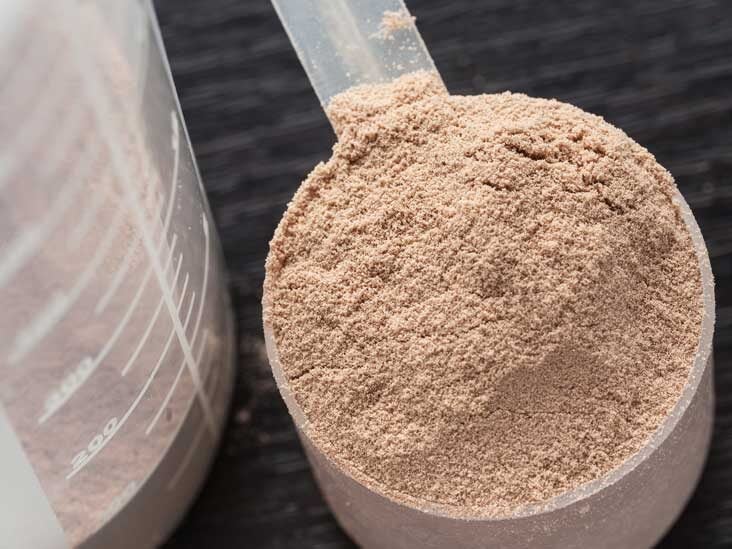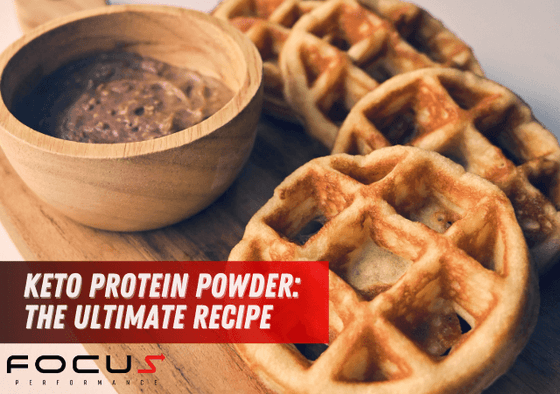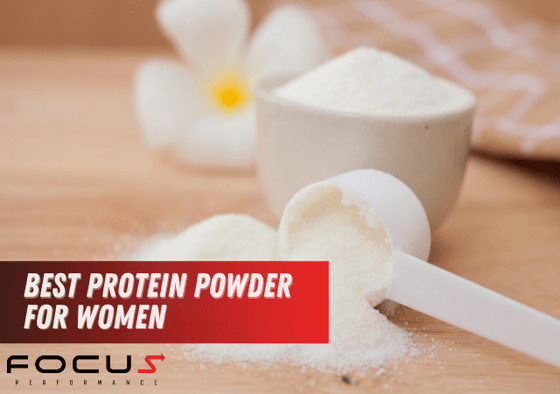
Alternative protein sources have started to become popular in the 70s and 80s when bodybuilding became a trend. Ever since we have found that these alternative proteins offer many more benefits than just improving muscle recovery.
However, athletes are not the only people looking to leverage high-quality protein powders. Vegetarians and vegans are also searching for viable sources of protein.
Of course, they can always consume protein-rich vegetables, legumes, and beans, but some may simply want to just boost their protein intake without eating. Vegans will find this more difficult since dairy proteins are not an option for them.
Two of the most common meal replacements today are hemp and whey protein. These are particularly useful for people who are managing their weight. Hemp and whey protein powders allow people to obtain the proteins they need without adding calories from animal meat. Meanwhile, some individuals use protein powders to minimise their red meat consumption.
When the prices for beef, poultry, and pork are high, people may want to supplement their meat with ready-made proteins. For others, it’s simply more convenient. Having a quick smoothie with the right amounts of hemp or whey protein can be faster than preparing a meal.

Hemp protein is derived from cannabis plants and is an excellent source for obtaining plant-based protein. It does not contain tetrahydrocannabinol (THC), which is the compound that causes psychoactive effects in marijuana.
Hemp seeds have been used by ancient civilizations for hundreds of years. Documents were found showing that hemp has become a crucial source of fiber, medicine, and protein.
There are at least two ways to consume hemp seeds: with their shells removed or in powdered form. Both are capable of providing great nutrition including numerous health benefits.
Whether you are following a plant-based diet or not, hemp protein can be an excellent staple in your diet.
Hemp protein provides several health benefits, which is the reason why people have been consuming it for many years. Here are some of the most well-known benefits that hemp protein powder and its seeds have to offer.
Hemp powder and seeds are lean sources of protein that can be acquired from plants. They make a good supplement for any plant-based diet. People looking to lower their meat intake can begin incorporating hemp products in their diet.

Consuming lean proteins can improve metabolism, benefit the digestive system, and encourage lean body mass. Hemp protein does not contain saturated fats or cholesterol, compared to other sources of animal proteins.
Protein can be found in nearly every part of the body. It keeps the skin, hair, bones, and muscles intact, allowing different chemical reactions to occur and ensure that the body is healthy.
Hemp protein powder is considered to be a rich source of this macronutrient, particularly for a plant-based product. For example, three tablespoons of hemp protein provides almost 10 grams of protein. Yet the amount of protein is not its only benefit – it also has to do with the quality.
Protein can be divided into two primary classes: complete and incomplete proteins. Complete proteins are the ones considered as essential amino acids or the amino acids that the body cannot make. Meanwhile, incomplete proteins are those that are either deficient or missing in at least one essential amino acid.
According to a report, the majority of vegan or plant-based protein sources are incomplete proteins.

However, this is not the case with regards to hemp protein. In a 2019 study, researchers found that hemp can provide all the essential amino acids required by the body. This fact makes hemp protein a complete protein.
Hemp protein is also high in fibre. Although hemp contains both soluble and insoluble fibre, most of it is in the form of the latter.

Hemp protein could help in improving bowel movements, compared to other forms of protein powders. Its high insoluble fibre content is most likely the reason for this benefit.
Three tablespoons of hemp protein has about 8.3 grams of carbohydrates. Approximately 60% of these carbohydrates come from fibre. This nutritional value in hemp protein makes it a low-carbohydrate alternative, as it provides only 3.1 grams of net carbs for every serving.
Generally speaking, animal proteins are far more digestible compared to plant-based proteins. However, studies have shown that ground hemp seed offers 91 to 98% protein that is digestible.
These statistics mean that the body can consume nearly all of the amino acids in hemp protein powder for essential bodily functions like tissue repair and maintenance.
Researchers learned that hemp may be easier to digest due to its edestin and albumin content, proteins that the body can quickly break down.
Hemp seeds are rich in minerals like magnesium, phosphorus, iron, calcium, copper, zinc, and magnesium.

Furthermore, hemp seeds have been found to contain compounds known as lignanamides. These compounds are known to provide strong antioxidant properties.
Antioxidants are essential to the body as they protect it from oxidative damage. Oxidative damage has been associated with health problems like diabetes and heart diseases. Consuming foods rich in antioxidants can be beneficial to one’s health.
Similar to essential amino acids, fatty acids are needed by the body as it cannot create them. This means that you need to obtain these fatty acids from your diet to stay healthy.
Hemp protein is high in polyunsaturated fats while providing a balance of omega-3 and omega-6 fatty acids such as gamma-linolenic acid and alpha-linolenic acid.
Such fats are necessary in maintaining a healthy heart while reducing the risk of heart diseases. Omega-3 fatty acids are said to play a role in eye and brain health while it contributes to the development of the central nervous system.
Adults require at least 0.36 grams of protein for every pound of body weight each day. For a person weighing 150 pounds, this is equivalent to 55 grams of protein daily.
However, individuals who exercise require more protein to maintain muscle mass. According to the International Society of Sports Nutrition, regular exercisers consume 0.64 to 0.9 grams per pound of body weight daily.

Those who do resistance training while reducing calorie intake, like fitness competitors and bodybuilders, may require up to 1.4 grams per pound of bodyweight.
Athletes are recommended to have protein two hours after exercising for maximum recovery. Having five to seven tablespoons of hemp protein powder appears to be very effective for building muscle.
Although consuming whole foods should constitute the majority of protein in one’s diet, supplementing with hemp protein powder can be a great additional source of protein.

Whey protein is a combination of proteins that have been separated from the whey. Whey is the liquid part of milk that is removed when making cheese. Whey protein powder is often consumed as a meal replacement, protein bar, or shake due to its high protein content.
Here are the following health benefits of taking whey protein.
Proteins are the primary building blocks of the body. These blocks are used in maintaining parts like the organs, tendons, and skin. Hormones, neurotransmitters, and enzymes benefit from these as well. These proteins are made from amino acids.
Some amino acids are created by the cells in the body, while others can only be obtained through diet. Essential amino acids are the term for the ones that can only be obtained from food.
Proteins that can provide all nine essential amino acids are considered the best. The good news is that whey protein is rich in these and is particularly high in branched-chain amino acids (BCAAs).
BCAAs such as leucine have been found to improve levels of the antioxidant glutathione in the body (https://www.ncbi.nlm.nih.gov/pubmed/16365087).
Whey protein could help in reducing the symptoms of several chronic conditions by lowering inflammation. Chronic inflammation is associated with many potential health problems, like diabetes, heart disease, and arthritis.
A study suggested that supplementing with whey protein could reduce inflammation markers and lower the risk of negative health effects.
Muscle mass is a vital indicator of good health. Whether you wish to simply maintain or grow muscle mass, protein is a macronutrient that is essential to this whole process.

Protein supplies the amino acids required by the body to repair damaged muscle tissues. It is also necessary in creating and developing new muscles.
Whey protein has been found to promote muscle growth effectively than other protein supplements.
Researchers in the past have found that whey protein offers properties that could decrease postprandial glycemia in healthy subjects. It seems that this effect could also extend to those with type 2 diabetes, based on a result from one study.
The investigators learned that the subject’s response to insulin improved after having meals that incorporated whey compared to those that did not have the protein powder. Furthermore, the subjects were observed to have significantly lower blood glucose responses after consuming whey.
Finally, some studies suggested that whey protein could benefit in reducing high cholesterol levels in the blood.
Since high cholesterol is often linked to increased heart diseases and stroke, lowering cholesterol levels to a healthy range could offer health benefits to the body.
Whey protein can be easily absorbed by the body due to originating from milk. Human beings have been thriving on milk for thousands of years. Apart from that, milk is an excellent source of calcium for the bones.

Although allergies and intolerances do exist, most of the population are well-equipped to handle and absorb dairy. With whey protein, consumers have a product that is ready to be incorporated for muscle protein synthesis the moment it is taken.
Experts often recommend a dosage of one to two scoops (approximately 25 to 50 grams) of whey protein each day. Taking whey after workouts is highly suggested.
Users should also follow the serving instructions on their whey protein package carefully. People who are already consuming high amounts of protein should minimise whey protein intake as this is going to be unnecessary.
So which of the two wins when comparing Hemp vs. Whey Protein? With regards to building muscle, the total daily protein intake is a key factor for muscle growth. As long as a person is receiving adequate protein, they should be able to develop lean muscle mass no matter the source.
For the long term, many health experts believe that hemp protein is more beneficial. People who are leaning towards a healthier lifestyle should consider choosing hemp protein. Hemp farming is highly sustainable, renewable, and environment friendly.
Furthermore, those who are allergic to whey may find hemp protein to be more compatible with their needs.
Despite the benefits we’ve learned about protein powders, not all of them are keto-friendly. Just like any product for people on a low-carb diet, you need to read the label closely to make sure you’re not consuming added carbs and sugars.


Scott Reid
Author
Scott Reid is a 2 x Britain’s Strongest Man U105kg winner (2007 & 2008) and IFSA World's Strongest Man U105kg Competitor. He is an expert in strength and conditioning and also coaches functional nutrition. Scott’s passion for understanding the human body and how to optimise every aspect of it has driven him to study under legends such as Paul Chek. Scott now coaches MMA Athletes, Strongmen and Bodybuilders to name but a few, helping them to implement a well structured diet and become more powerful, explosive versions of themselves.